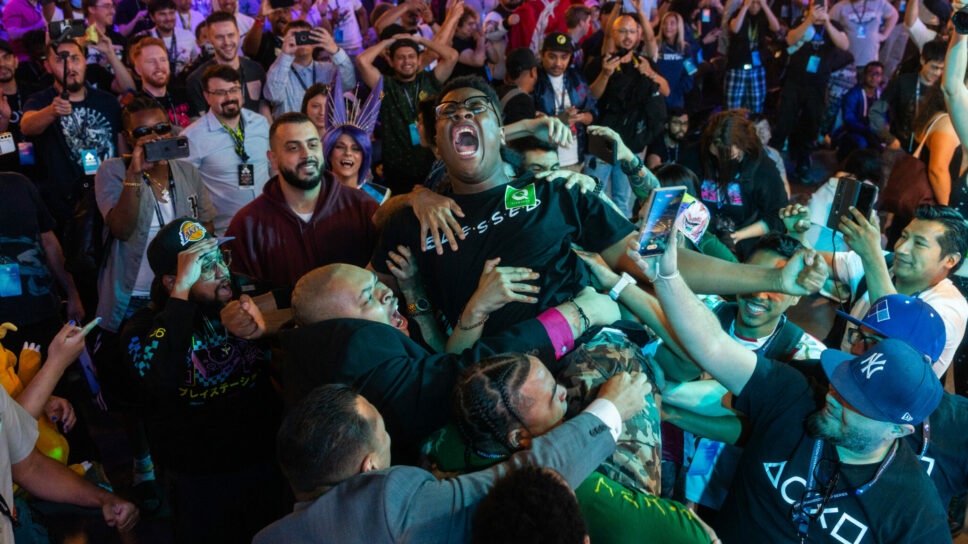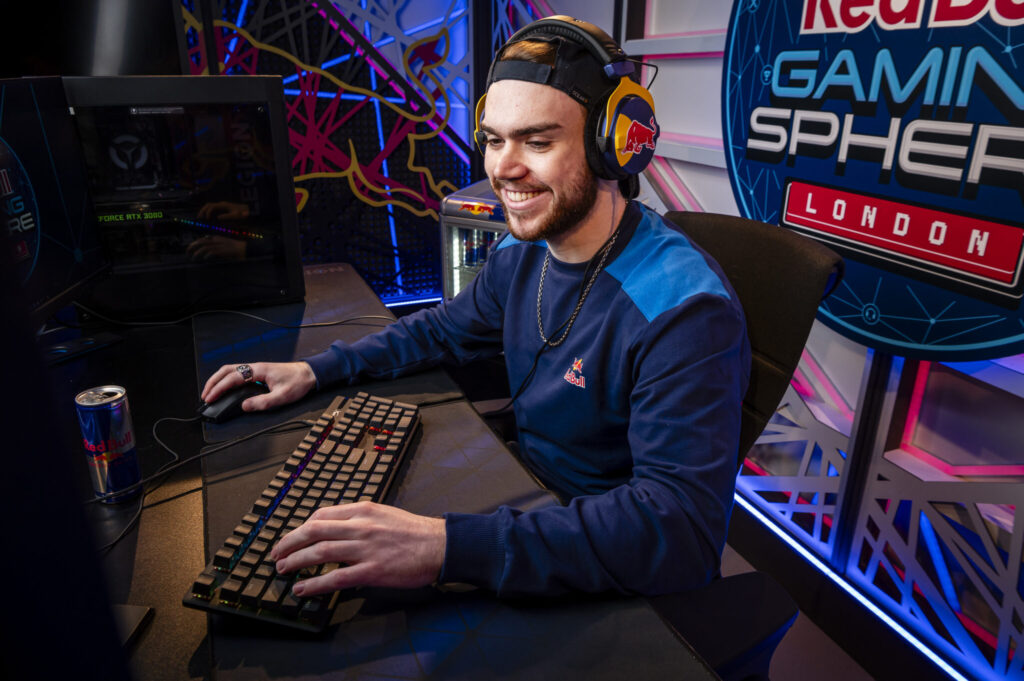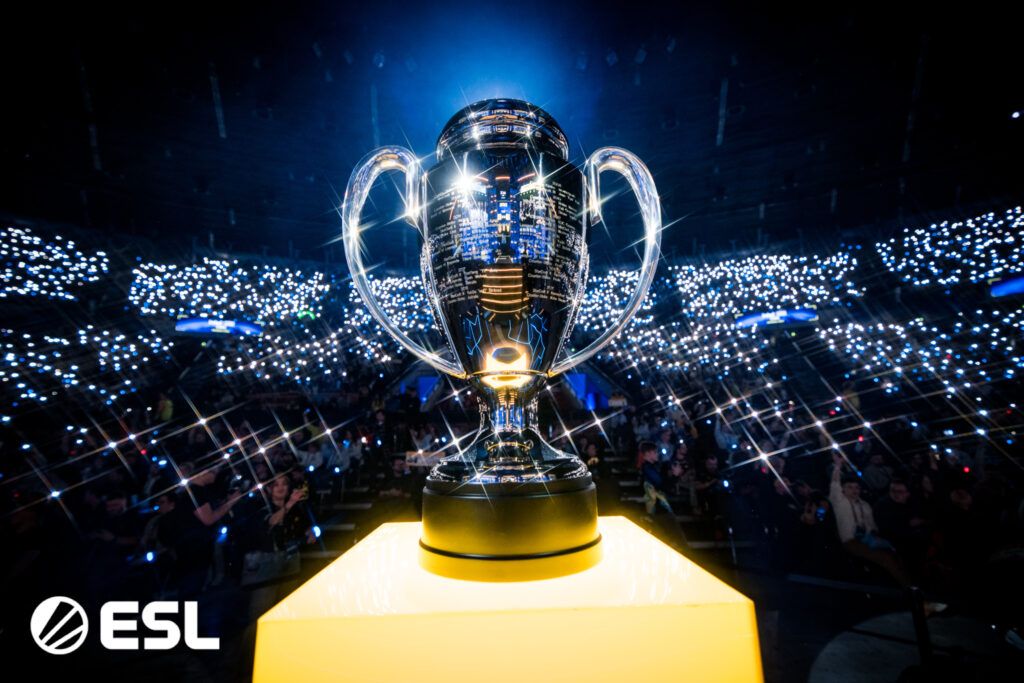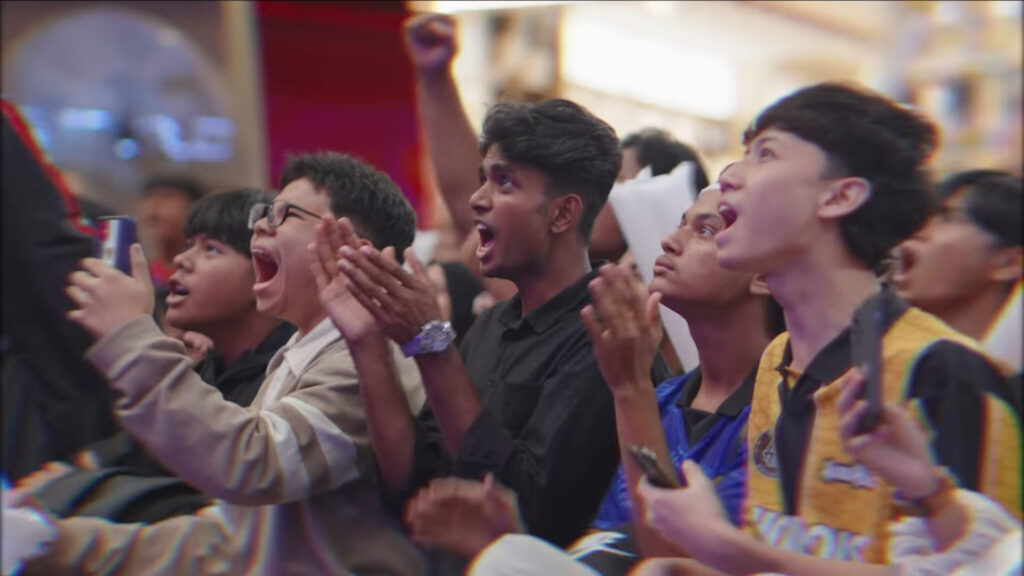
As a passionate gamer myself, I’ve witnessed the meteoric rise of esports, transforming not just the gaming landscape but also culture, finance, and influence. Let’s delve into this fascinating journey that has turned video games into a global phenomenon.
Modern-day competitive gaming, often known as eSports, is playing an increasingly significant role in shaping today’s popular culture. What once began as small-scale tournaments in dimly lit arcades has now evolved into a worldwide phenomenon, capturing the interest of millions, offering massive cash prizes, and exerting an influence on par with conventional sports and entertainment.
Video gaming, particularly esports, has revolutionized the way individuals engage with digital games, fostering social connections, creating stars, and influencing trends in areas ranging from clothing styles to musical genres.
This piece delves into the deep-rooted influence of competitive video games on a worldwide level, analyzing their effect on media, personal connections, and economic advancement.
Esports as a market pull
Other industries are taking notice of the growth in esports and are keen on connecting with its dedicated audience. For example, numerous online gambling platforms are now capitalizing on this trend by introducing esports-related games or partnering with influential gamers to expand their fan base.
The initiatives demonstrate the transformation in society where competitive gaming is no longer merely a leisure activity, but rather a bustling market that multiple industries are keen on tapping for its dynamic potential. The convergence of esports showcases the significant rise of esports as a cultural phenomenon, even encroaching upon unrelated fields by providing novel means to engage with its dedicated fanbase.

The social life of esports communities
Esports flourishes by fostering communities that surpass physical boundaries. Platforms such as Twitch and Discord serve as the digital arenas where fans congregate to watch live broadcasts, exchange gameplay insights, and proclaim their favorite players. These virtual gatherings foster a sense of camaraderie, similar to traditional sports fan bases, but in a digitally connected format, offering real-time interaction.
At major events such as The International for Dota 2, there’s a significant increase in viewers as fans from different parts of the world gather support for their teams.
This sense of belonging has made esports act as a bonding agent for culture, as individuals connect over competitions and mutual enthusiasm.
As a gamer myself, I can tell you that the landscape of gaming has shifted dramatically. Back in the day, pro gamers were often considered oddballs. But now, we’ve stepped into the limelight and become cultural trailblazers. It’s an exciting time to be part of this community!
In modern digital culture, prominent figures like Lee “Faker” Sang-hyeok, a renowned League of Legends player, possess fanbases similar to those of popular musicians. Their influence extends beyond gaming, with them making appearances in commercials, talk shows, and even fashion campaigns. This shift towards celebrity status for gamers underscores the transformative impact that esports has had on who is considered a cultural icon during the digital age.

Economic contribution and industry expansion
The financial impact of esports is significant and growing. As per industry reports, the global esports market surpassed $1.5 billion in value during the year 2023 and continues to expand at a steady pace. Its growth is supported by income from sponsorships, media contracts, and ticket sales for live events.
Leading corporations, ranging from tech firms to cola conglomerates, have invested substantial resources into esports, utilizing their ability to reach younger demographics. Spectacles such as the League of Legends World Championship pack stadiums, with production quality on par with prominent music events, thereby solidifying esports within mainstream culture.
The following points outline the economic and cultural overlap of esports:
- Sponsorship Deals: Events and teams are sponsored by brands to reach tech-savvy audiences.
- Streaming Revenue: YouTube and Twitch bring in significant ad revenue from esports content.
- Merchandising: Cosmetic in-game items and jerseys of teams have become symbols of status for fans.
- Creation of Jobs: Esports has encouraged professions as event managers, coaches, and content producers.
- Educational Programmes: Tertiary institutions have started providing scholarships for esports, thus becoming an official career pathway.
Esports has become a cultural phenomenon due to its ability to both entertain and offer opportunities that appeal to younger generations.

Esports as a cultural trendsetter
As an enthusiast, I’ve noticed that esports has extended its impact beyond just the financial realm. It’s reshaping broader cultural aspects too, like fashion. For example, the gaming aesthetic has seeped into mainstream fashion, with streetwear brands teaming up with esports teams to launch exclusive clothing lines.
Music has not been exempt from this trend either, as artists such as Marshmello conduct virtual concerts within games like Fortnite, thereby intertwining gaming and pop culture in novel ways. This fusion demonstrates the extent to which esports serves as a creative field, pushing boundaries across all facets of art.
Furthermore, esports has left a substantial mark on storytelling within media. Often, films and television series portray gamers as protagonists, mirroring society’s growing recognition of gaming as a legitimate endeavor.
Shows like Arcane, based on League of Legends, have earned favorable critiques, suggesting that narratives rooted in esports can resonate with people who don’t play video games. This shift in storytelling mirrors how competitive gaming has emerged as a lens through which we explore themes such as ambition, teamwork, and determination.
The future of esports in pop culture
Moving forward, it’s clear that the momentum of esports isn’t slowing down. Continuous advancements in virtual reality (VR) and augmented reality (AR) technologies are increasingly immersing competitive gaming within more elaborate digital realms, potentially attracting fresh interest.
At the same time, incorporation within academic and professional learning environments ensures that its cultural impact transcends mere amusement. With the continuous development of competitive gaming, it’s expected to maintain its relevance in popular culture, influencing how individuals engage, cooperate, and challenge each other.
As a passionate gamer, I can’t help but marvel at how esports seamlessly blends with various aspects of our world, ensuring its enduring influence. It’s not just about forming global friendships or economic progress, but also about reshaping creative industries and setting trends. Esports has long since proven it’s not a fleeting fad; it’s a cultural movement that’s here to stay.
In the future, esports is expected to remain a powerful influence on global culture, demonstrating that digital platforms have the ability to redefine what it signifies to be part of an international community.
Read More
- Clash Royale Best Boss Bandit Champion decks
- Vampire’s Fall 2 redeem codes and how to use them (June 2025)
- Mobile Legends January 2026 Leaks: Upcoming new skins, heroes, events and more
- World Eternal Online promo codes and how to use them (September 2025)
- How to find the Roaming Oak Tree in Heartopia
- Best Arena 9 Decks in Clast Royale
- Clash Royale Furnace Evolution best decks guide
- Clash Royale Season 79 “Fire and Ice” January 2026 Update and Balance Changes
- Brawl Stars December 2025 Brawl Talk: Two New Brawlers, Buffie, Vault, New Skins, Game Modes, and more
- Clash Royale Witch Evolution best decks guide
2025-05-23 17:11